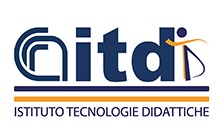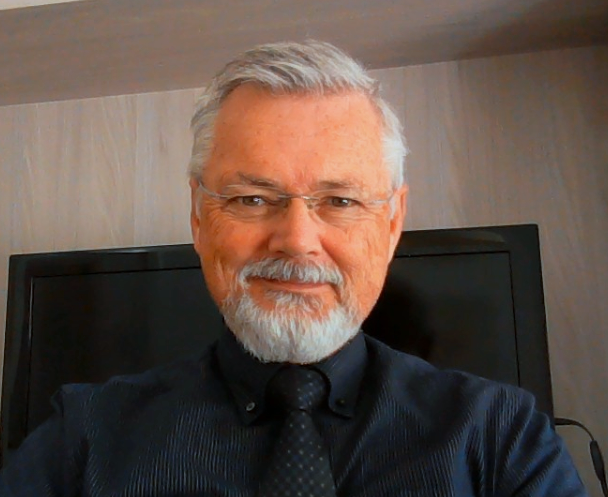Guglielmo Trentin, graduate in electronic engineering with a specialization in ICT, is Research Director at the Institute of Educational Technology (ITD) of the Italian National Research Council (CNR).
In 2014 he obtained the National Scientific Qualification as full professor in the sector 11/D2 - Methodologies of Teaching, Special Education and Educational Research.
From 2002 to 2011 he taught Network Technology, Knowledge Flow and Human Resources Development at the University of Turin.
From 2016 he is member of the faculty board of the doctoral school in Digital Humanities at the University of Genoa where he teaches Network Enhanced Learning and Online-Education Design.
He has worked in the field of Educational Technology since 1985 studying the use of ICT in formal, non-formal and informal learning in different contexts (school, university, organisation/enterprise). In this field he has (a) managed several projects and scientific activities, (b) developed ICT applications and educational design approaches to support networked collaborative learning, and (c) studied the relationship between technology enhanced learning and knowledge flows. A particular area of interest is the use of network technologies to support the processes of social and educational inclusion.
In 1995 he obtained the Online Education Certificate at the British Open University - Institute for Educational Technology - discussing the theme “Teaching and Learning Online: design, development, implementation and evaluation”.
In 1998 he was appointed member of a special commission of the Italian Ministry of Education established to define the national guidelines on the use of ICT in in-service teacher training.
In 2008 he received the 13th Knowledge Management Forum Award assigned for the research on “Informal learning and endogenous knowledge growth: how to evaluate the effects of a community of practice”
In the latest years he has investigated the always-on education that takes place in the so called "hybrid learning spaces" i.e. the spaces that are determined by the interpenetration of the real and the virtual dimensions of the spaces where the teaching-learning processes take place.
These studies were the starting point for a more general and careful reflection on how hybrid learning spaces can become the ideal humus for seamless learning processes.
In 2018, intrigued by multi-modal/multi-surface conversational applications (eg chatbots), he has launched two research lines aimed at exploring their potential (a) in the second language learning and (b) in the I-Mooc (or interactive Mooc) online tutoring.
Guglielmo Trentin has authored and co-authored more than 300 papers, 24 books and 7 patents on the themes of educational technology and, in particular, on the use of network and mobile technology in education.
He is also Contributing Editor of Educational Technology (USA), member of the TP&E Editorial Board (International Journal of Technology, Pedagogy & Education - UK), member of the IJAS Editorial Board (International Journal on Advances in Software is a Journal of the International Academy, Research and Industry Association - IARIA) and member of the JAER Editorial Board (International Journal of Advances in Education Research).
Most recent research interests: anticipatory thinking in education, hybrid learning spaces, hybrid seamless learning.
Complete list of scientific and teaching activities
Linkedin, Research Gate, Academia

 Italiano (Italia)
Italiano (Italia)
